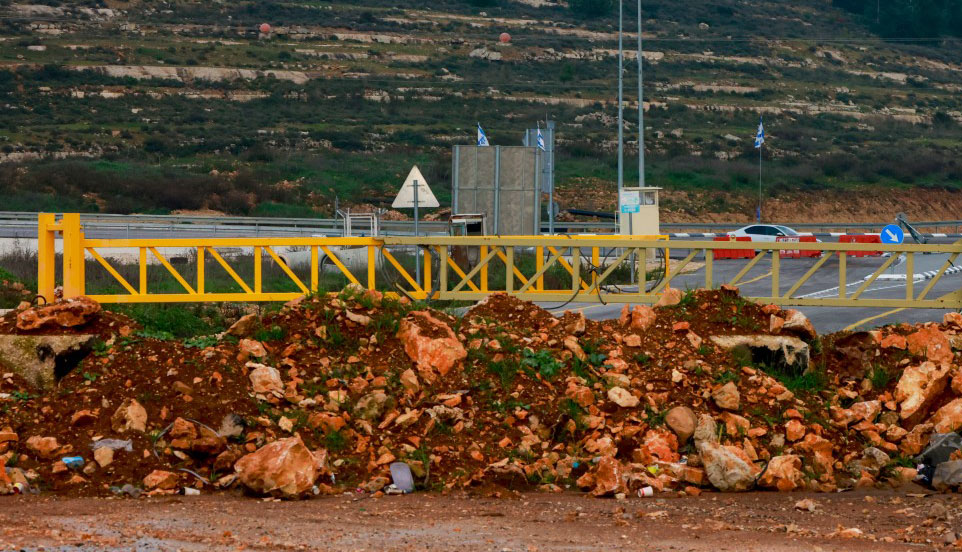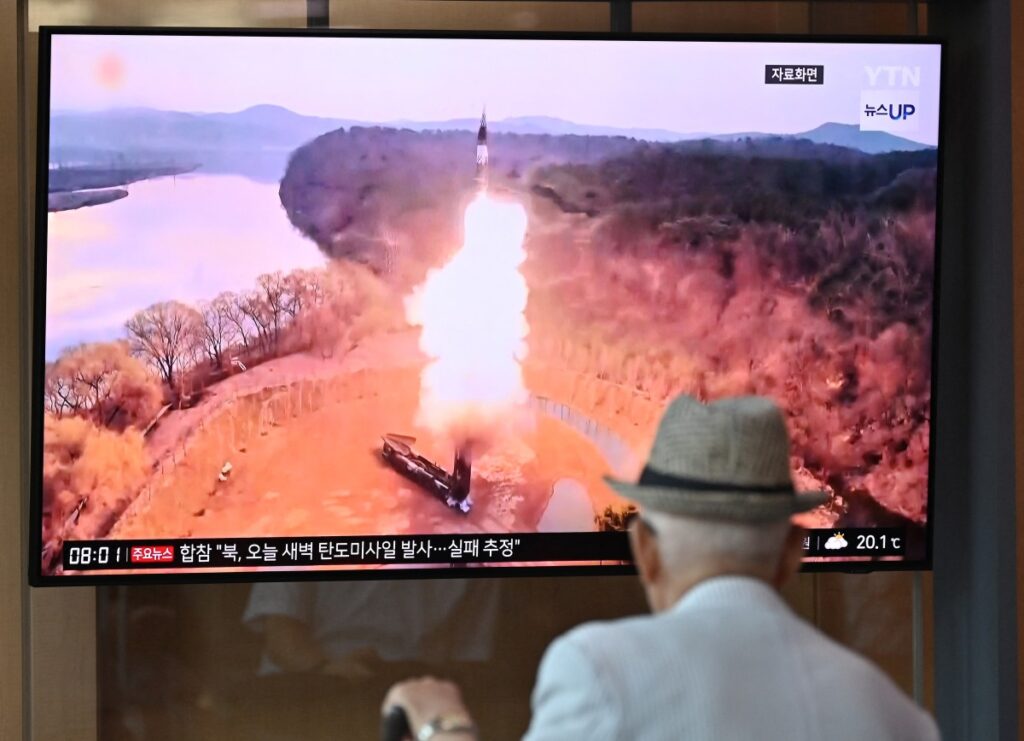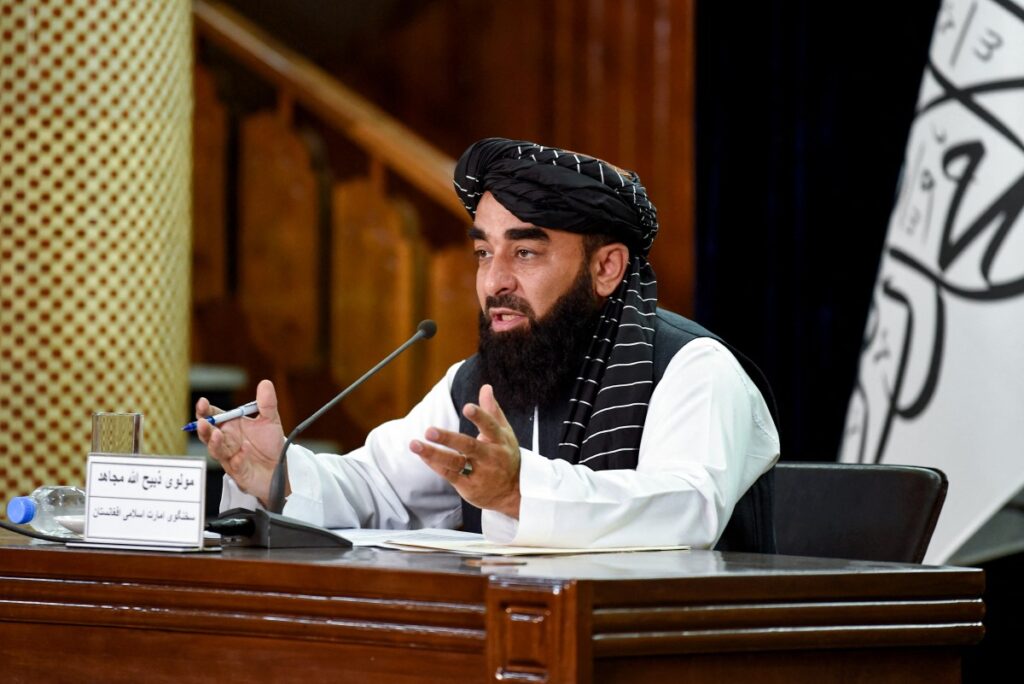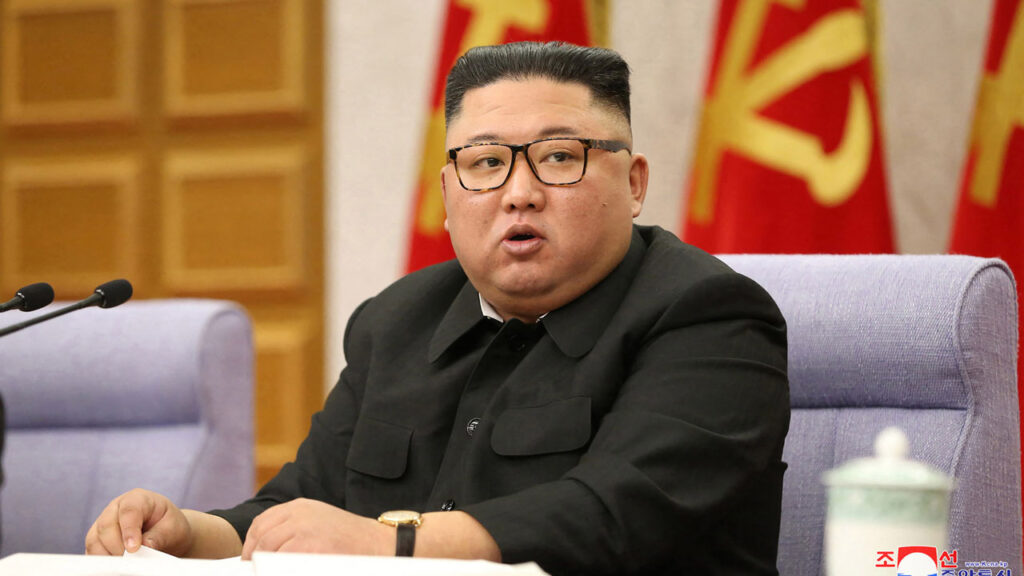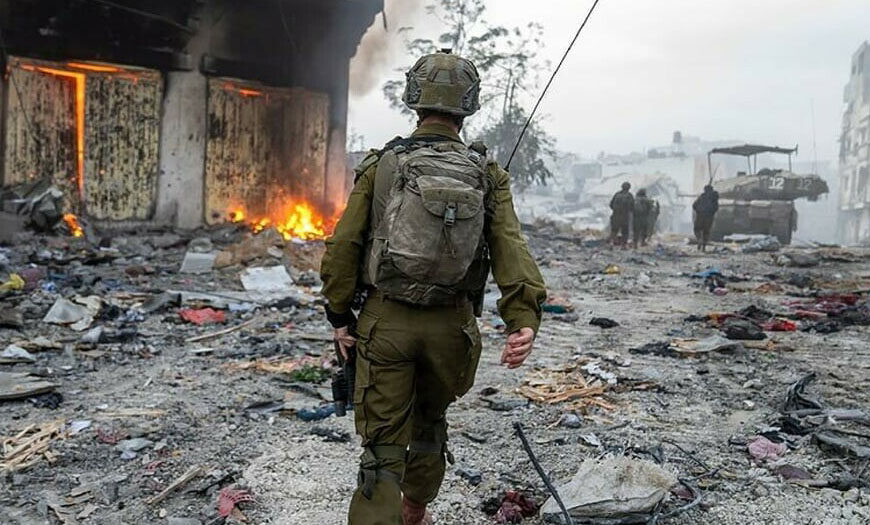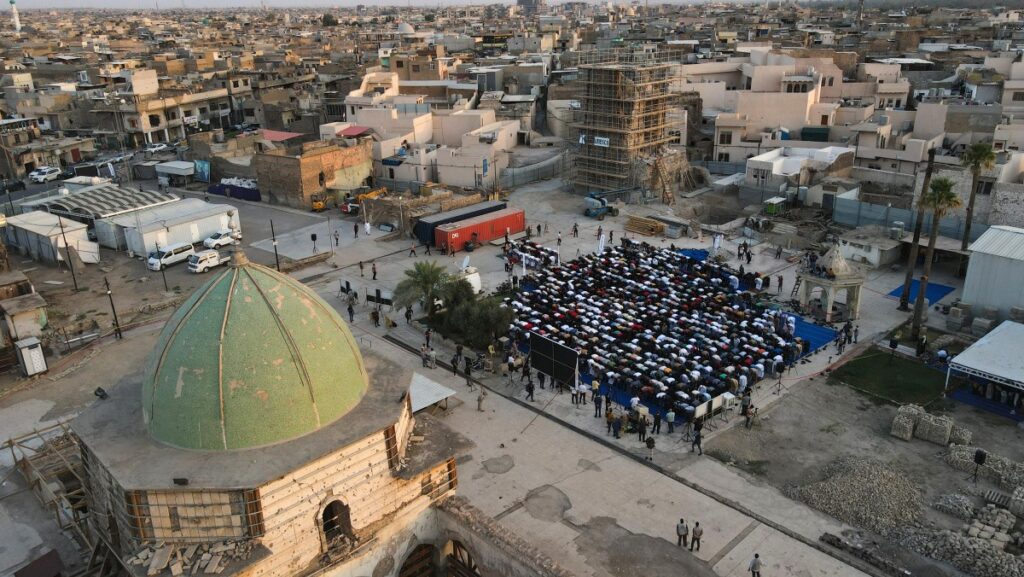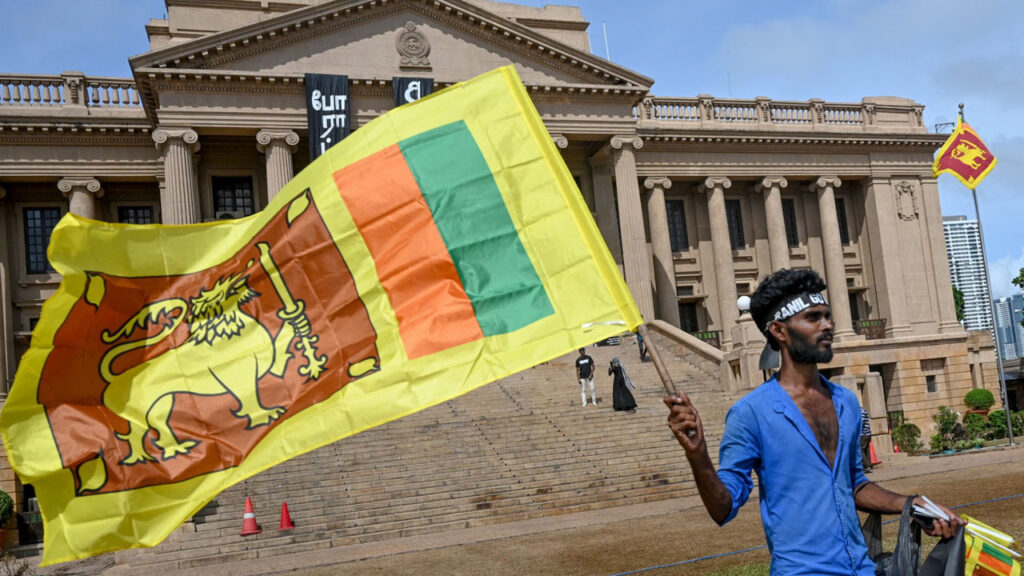
Adel al-Hajj fears Israeli forces could at any moment launch an “invasion” of southern Gaza’s Rafah city, where he and more than a million other Palestinians have fled for safety.
Teeming with displaced Gazans huddled in makeshift camps, Rafah has swelled to about five times its pre-war size since fighting between Israel and Gaza rulers Hamas erupted in October.
The city is one of the few areas spared an Israeli ground offensive, but Prime Minister Benjamin Netanyahu said this week he had ordered troops to “prepare to operate” there.
Hajj, from Al-Shati refugee camp in northern Gaza, now lives in a tent in Rafah.
“There is not enough room in Rafah to accommodate everyone who has been displaced, and there is no safe place,” he said.
An Israeli military push into the city could “end in massacres” of the hundreds of thousands trapped on the besieged territory’s border with Egypt, said Hajj.
Tens of thousands of tents, some no more than sheets of tarpaulin held up by metal poles or tree branches, stretch as far as the eye can see.
Umm Ahmed al-Burai, a 59-year-old woman also from Al-Shati, is camping with her four daughters and three of her grandchildren close to an unfinished Qatari hospital in the west of Rafah.
“We first fled to Khan Yunis, then to Khirbat al-Adas,” gradually heading south before reaching Rafah, she said.
After Netanyahu’s remarks on Wednesday, “we took shelter near the Qatari hospital with my sister and her family.”
If troops advance of Rafah, Burai said she feared “there will be massacres, there will be genocide.”
“I don’t know whether we will be able to flee to Egypt, or whether we will be massacred.”
– ‘Waiting to die’ –
Since the war began, triggered by Hamas’s October 7 attack on southern Israel, more than half of Gaza’s 2.4 million people have fled to Rafah, according to the United Nations, facing dire humanitarian conditions.
The unprecedented attack resulted in the deaths of more than 1,160 people in Israel, mostly civilians, according to an AFP tally based on official figures.
Israel vowed to eliminate Hamas and launched a relentless military offensive that has killed at least 27,840 people in Gaza, most of them women and children, according to the Hamas-run territory’s health ministry.
UN Secretary-General Antonio Guterres has warned that an Israeli military push into Rafah could “exponentially increase what is already a humanitarian nightmare with untold regional consequences”.
Many displaced Gazans have taken shelter in Rafah’s west because “they think that any possible invasion will start in the east,” said an employee of the UN agency for Palestinian refugees, UNRWA.
Jaber Abu Alwan, 52, said “the bombardments have intensified since Netanyahu’s comments”.
“We’re waiting to die,” he said, still nurturing some hope of “returning home” to Khan Yunis, further north, once the fighting stops.
As the war raged into its fifth month, international mediators were trying to convince Hamas and Israel to agree to a new truce.

